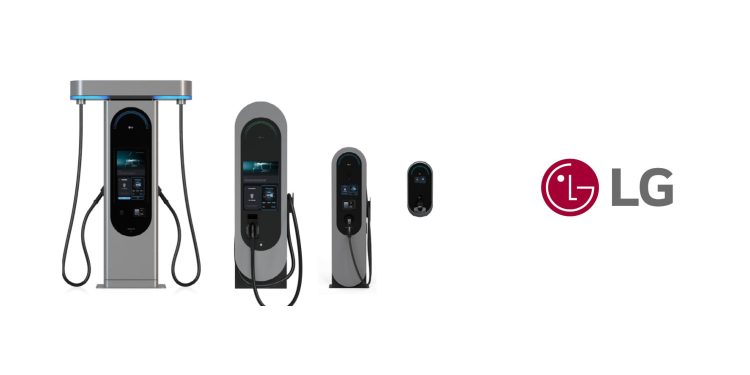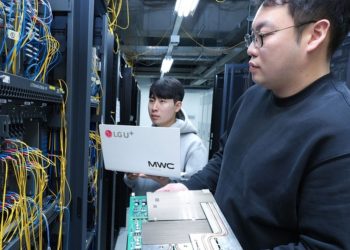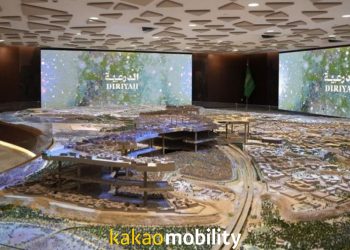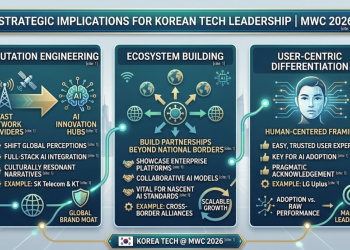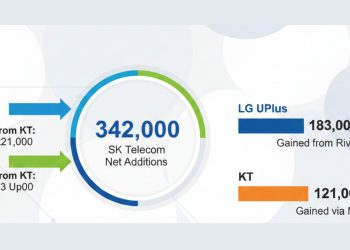LG Electronics said on Tuesday that it will withdraw from the electric vehicle (EV) charging market, citing slow global demand and rising price competition. The Eco Solution (ES) division, which entered the EV charging sector in 2022, will shut down its charger-manufacturing subsidiary, HiEV Charger. All employees from the division will be relocated to other parts of the company.
The decision comes after LG’s strategic reassessment of the EV charger sector, during which it found that growth had been slower than anticipated. The exit will allow the company to sharpen its focus on its heating, ventilation, and air conditioning (HVAC) business, a key growth driver under its eco solutions division.
The liquidation process for HiEV Charger, LG’s EV charger-manufacturing subsidiary, will soon begin. However, LG Electronics has assured that it will continue providing maintenance and support services to existing clients without interruption. To ensure a smooth transition, all employees currently involved in the EV charging business will be reassigned to other divisions within the company.
LG Electronics began its journey into the EV charging market with high expectations, starting early research and development efforts in 2018. In 2022, it strengthened its position by acquiring HiEV Charger, previously known as AppleMango. The company rolled out charging solutions at sites like Emart retail stores in South Korea and expanded into the U.S. by setting up a production facility in Texas in January 2024. LG also teamed up with ChargePoint, a top EV charging service provider in North America, to extend its global presence.
Despite these efforts, LG faced challenges due to slower-than-expected demand growth, high costs, and intense price competition. Industry experts noted that while countries like China are rapidly expanding EV infrastructure, other regions are progressing more cautiously, making it difficult for new entrants like LG to gain a profitable foothold. These structural market shifts ultimately influenced LG’s decision to withdraw from the sector.
The company emphasized that the strategic exit from the EV charger business aims to reallocate resources to sectors with higher growth potential. Moving forward, LG plans to focus more on its heating, ventilation, and air conditioning (HVAC) business, as well as other promising areas like smart home products, energy storage systems, and components for electric vehicles. The ES division will particularly strengthen its portfolio with household and commercial air conditioners, chillers, heat pumps, and cooling solutions for data centers.
Previously, LG Electronics had identified the EV charging business as a future growth engine, targeting a significant contribution to its broader goal of achieving 100 trillion won (US$70.1 billion) in annual sales by 2030. However, the company now believes it can better leverage its technology and expertise in other sectors that offer more immediate and stable growth opportunities.

